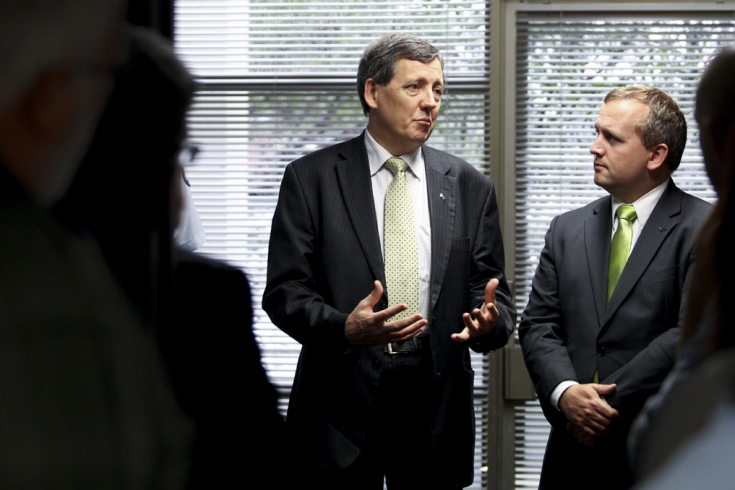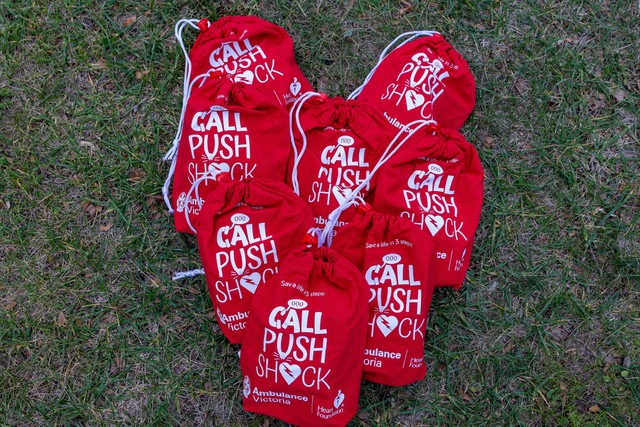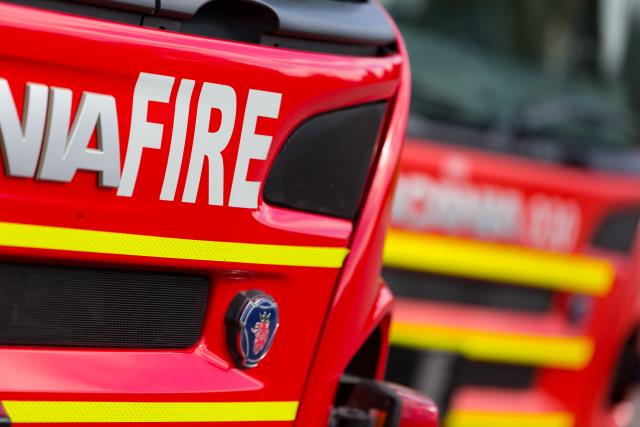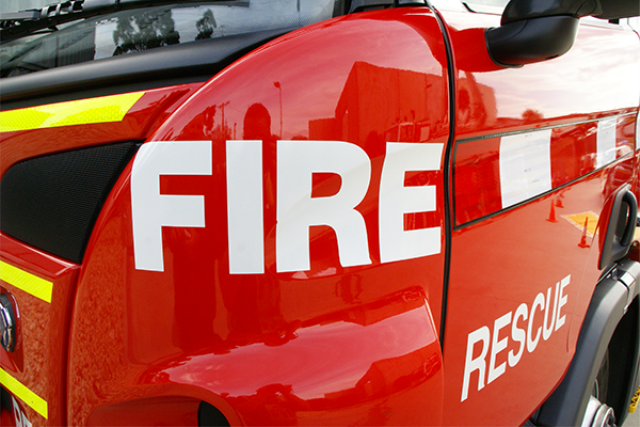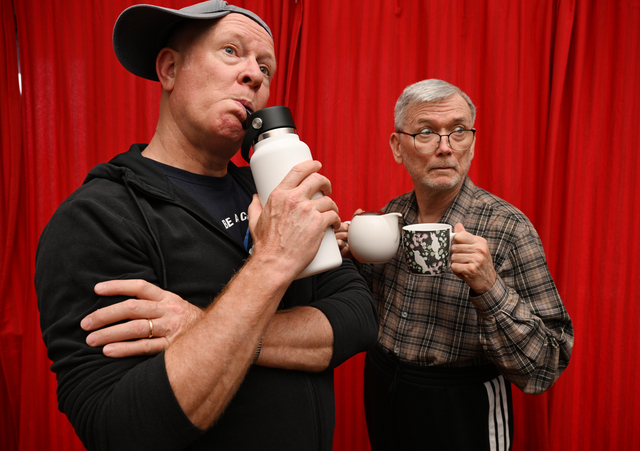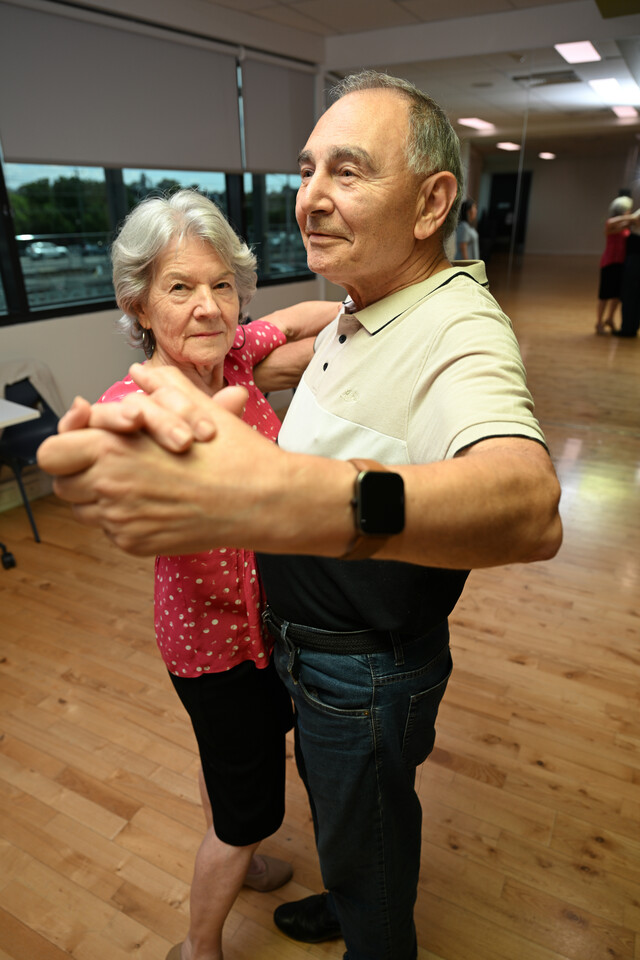Offenders who attack police or other emergency service workers can expect to be put behind bars under tough new laws introduced to State Parliament last week.
The Napthine government has introduced increased sentences for offenders who attack police, ambulance officers, SES volunteers, firefighters, protective services officers or lifesavers, as well as nurses, doctors or other staff in hospitals who provide or support emergency treatment.
Offenders who intentionally inflict serious injury on emergency service workers can expect to spend at least three years behind bars, while those who recklessly inflict serious injury can look to spend at least two years in jail.
If gross violence is involved, attackers will face a minimum of five years’ jail.
A 30-year jail term awaits anyone who murders an emergency worker.
Attorney-General Robert Clark said the minimum penalties would form part of the offender’s minimum non-parole period.
“When police and emergency workers put themselves on the line to help others, they deserve the community’s protection and support,” Mr Clark said.
“Penalties for those who engage in these attacks need to reflect the seriousness of the crime.
“Everyone deserves the right to be as safe as possible when they go to work, especially those who willingly face very dangerous situations such as those involving drug and alcohol-fuelled violence.”
The new laws come five months after 43-year-old neurosurgeon Michael Wong was stabbed in the foyer of Footscray’s Western Hospital.
Sunshine North man Kareem Al-Salami was charged with attempted murder over the attack and will go before court later this year.
Brimbank police’s Inspector Chris Gilbert said attacks against police were uncommon across Brimbank, but he welcomed the tougher laws nonetheless.
“Essentially, each of the services named are working for the people out on the street, not against them.
‘‘Whether it’s the MFB, the ambos or ourselves, we’re out there working for the people,” he said.
“There just can’t be any tolerance for people who assault emergency workers when they’re just trying to help.
“The vast majority of people are actually quite respectful of police and their role, and the other part of that is that our members think about safety first all the time.”
Western Health declined to comment on the changes last week.

